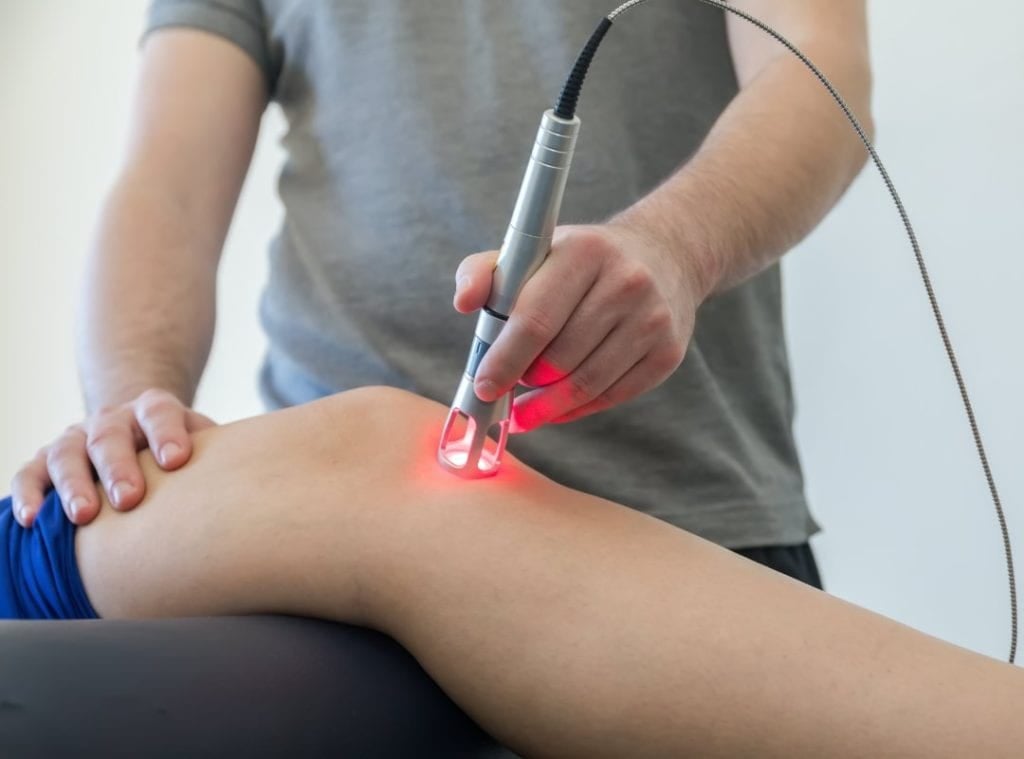Losing weight can be a challenging and daunting task for many people. With an abundance of diets, supplements, and workout programs out there, it can be overwhelming to know where to begin. However, incorporating small changes into your everyday routine can lead to significant results. Here are ten everyday tips for weight loss that you can start implementing today!
Set Realistic Goals:
The first step in any weight loss journey is to set realistic goals. It is important to understand that losing weight does not happen overnight and that it is a gradual process. Set small and attainable goals for yourself, and celebrate each milestone along the way. It is important to remember that every individual has a unique body type and metabolism, so do not compare your progress to others. Concussion Evaluations Center
Track Your Progress:
Keeping track of your progress is crucial for motivation and accountability. Keep a journal or use an app to log your food intake, workouts, and weight. This can help you identify which areas you need to improve on and celebrate the progress you have made. Moreover, tracking your progress also helps you stay accountable to yourself and your goals.
Drink Plenty of Water:
Drinking plenty of water is an essential part of any weight loss journey. Not only does it keep you hydrated, but it also helps you feel full and more satiated, resulting in decreased food intake. Water also boosts your metabolism, which helps your body burn calories faster.
Eat a Balanced and Nutritious Diet:
Eating a balanced and nutritious diet is key for weight loss. Ensure that you are consuming ample amounts of fresh fruits, vegetables, lean proteins, and complex carbohydrates. Additionally, opt for foods that are rich in fiber; this can help you feel fuller for longer periods, leading to decreased calorie consumption. Gut Health Symptoms
Incorporate Physical Activity into Your Routine:
Incorporating physical activity into your routine is another important aspect of weight loss. Even if you cannot hit the gym daily, try to incorporate small bouts of physical activity throughout your day. Take a brisk walk during your lunch break, take the stairs instead of the elevator, or try stretching while watching television. All of these small changes can add up and help you reach your weight loss goals.
Avoid Sugary Drinks and Processed Foods:
Sugary drinks and processed foods are two of the biggest culprits in weight gain. They not only add empty calories to your diet but also increase inflammation, leading to a host of health problems. Replace sugary drinks with water or unsweetened tea, and opt for whole, unprocessed foods instead of their processed counterparts.
Practice Mindful Eating:
Mindful eating is the practice of being present and fully engaged during meals. It means paying attention to your hunger cues, eating slowly, and savoring the flavors and textures of your food. Mindful eating can help you develop better relationships with food and avoid overeating due to stress or boredom. Hormone Replacement Therapy Dementia
Get Enough Sleep:
Getting enough sleep is crucial for overall health, including weight loss. Lack of sleep has been linked to increased appetite, cravings for unhealthy foods, and decreased metabolic rate. Aim for at least seven to eight hours of sleep each night to support your weight loss journey.
Manage Stress:
Stress can have detrimental effects on both physical and mental health. Additionally, stress can lead to emotional eating, which can derail weight loss progress. Find healthy ways to manage stress in your life, such as practicing yoga or meditation, getting a massage, or spending time with loved ones.
Find a Support System:
Lastly, finding a strong support system can help you stay motivated and accountable during your weight loss journey. This can be a group of friends or family members who are also on a weight loss journey or seeking support from a professional, such as a personal trainer or nutritionist.
In conclusion, losing weight is a journey, and it is essential to set realistic goals and incorporate small changes into your everyday routine. By following these ten tips, you can develop healthy habits that support your weight loss goals and lead to a healthier and happier you. Remember, progress takes time, so be patient and celebrate every achievement, no matter how small.
Also Read: Types Of Cardiovascular

